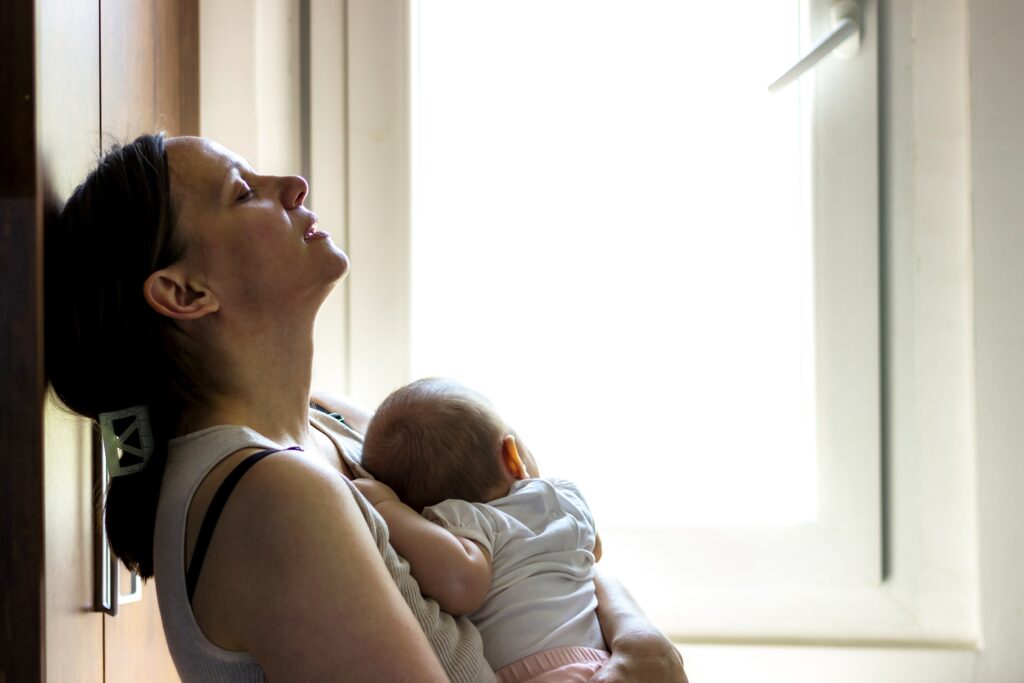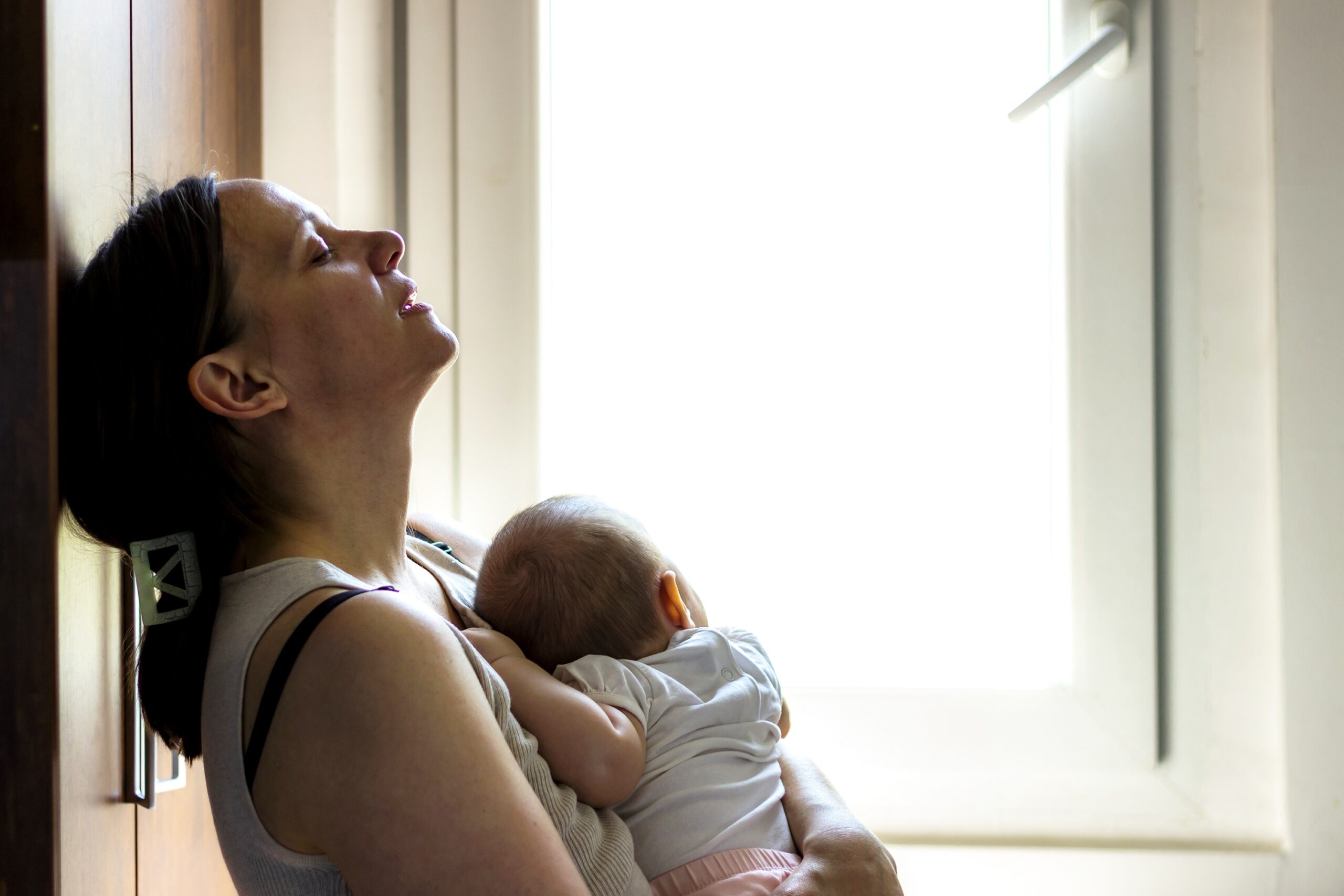Postpartum anxiety is a type of anxiety disorder that can develop after giving birth. It can cause feelings of excessive worry, nervousness, and fear about the well-being of the baby and oneself.
Many women have a hard time telling the difference between a “normal” postpartum experience, and the experience of postpartum anxiety… they are left questioning if postpartum is this hard for everyone, and wondering why they are having such a hard time.
The bad news is that many women don’t get the help they need because of this narrative that adjusting to motherhood should be hard. The good news is that Postpartum Anxiety is very responsive to treatment, and getting on the right medication, or working with a licensed therapist can help you feel like yourself again, and help you enjoy this season of motherhood.
In case you are wondering what Postpartum Anxiety looks like in practice, the signs and symptoms of postpartum anxiety can include:
- Excessive worry: This can involve worrying about the baby’s health and safety, as well as your own health and well-being. Postpartum anxiety might look like checking to make sure that the baby is breathing multiple times instead of going to sleep.
- Nervousness: You may feel constantly on edge, and have difficulty relaxing or sleeping. While postpartum, this might look like taking every free minute to clean instead of relaxing, feeding yourself, or taking a nap.
- Fear: You may experience intense fear or panic attacks related to your baby or other aspects of motherhood. With postpartum anxiety, this might look like being afraid to have people who you would normally consider safe to your home, or a fear of taking your baby to situations and environments that would previously make you happy.
- Physical symptoms: These can include rapid heartbeat, sweating, shaking, and trouble breathing.
- Avoidance behavior: You may start avoiding things or situations that trigger your anxiety, such as going out in public with your baby, avoiding being the one who clothes your baby, or gives them baths.
- Irritability: You may become easily irritated or frustrated, especially when things do not go as planned. You many find yourself angry with your parter or family members in a way that feels out of proportion with their choices or comments.
Many postpartum women don’t get the help that they need when they have postpartum anxiety because of well-intentioned, but unhelpful family members who make comments like “welcome to motherhood”, and brush the new mom’s symptoms under the run. Unfortunately, many medical practitioners take the same approach, and leave new mom’s feeling gaslit and alone in coping with their symptoms. In reality, there are many medical and therapeutic interventions that can help you manage your anxiety, and begin to enjoy your experience of motherhood. If you need more support than you are getting, you can use the zip code filter at postpartum.net to find a provider who is licensed to care for postpartum women in your state.
This information should be used for informational purposes only and should not replace the advice of a medical professional. If you are concerned that you may have postpartum anxiety, it is important to talk to your medical or mental health provider.


leave a comment